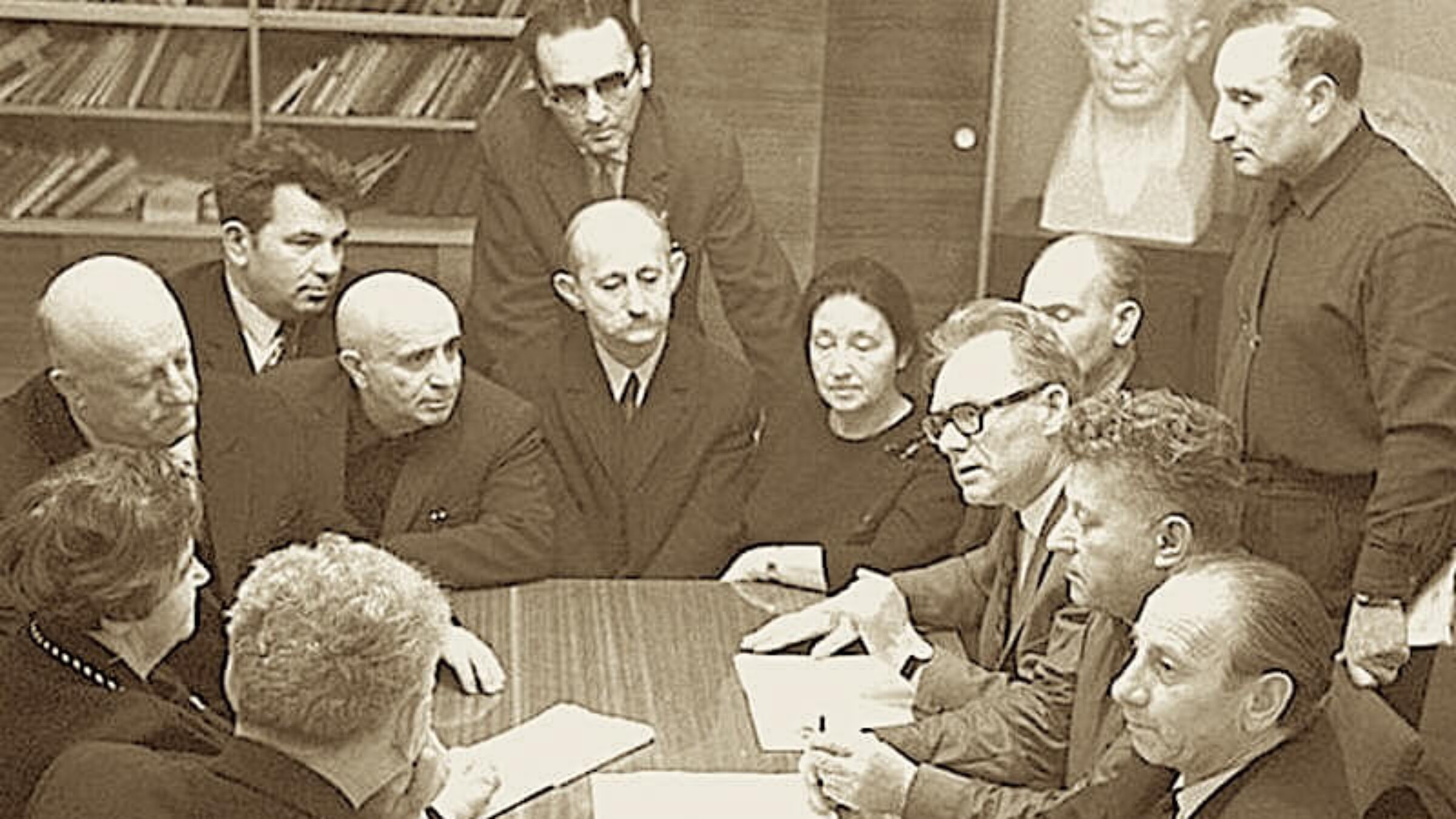A high-quality Soviet Yiddish literary magazine is being digitized
The online issues of “Sovetish Heymland” will be a great resource for scholars and ordinary readers of post-war Yiddish literature

Courtesy of yiddish-culture.com
For the first time in history, every issue of the Yiddish literary magazine Sovetish heymland (Soviet Homeland) is in the process of being digitized.
The periodical ran from 1961 to 1991, but so far only editions published between 1961 to 1963 have been uploaded to the internet. Thanks to a new initiative, the rest of the magazine will be digitized by the end of 2024.
The project is part of an effort by two foundations to preserve Yiddish culture: the Heritage Project Foundation in the United States and the Yiddish Culture Preservation Foundation in Israel, both of which were founded by Mark Zilberquit.
Two Russian partners are also sponsoring it: the Jewish publishing house “Knizhniki,” and academic Grigory Roytberg, the chairman of the Russian Jewish Congress’ financial committee, who is contributing monetary support.
This is a significant achievement, especially considering that only a small number of Yiddish periodicals have been fully digitized. The Forverts, for example, is found in its entirety in the National Library of Israel, but “Di goldene keyt,” “Di tsukunft” and other notable literary Yiddish magazines are not.
Longtime Forverts writer and translator Yoel Matveyev is heading up the coding and web design for the project. He also plans to compile a database to facilitate the journal’s use by researchers and scholars.
Matveyev began reading Sovetish heymland as a high school student. In a Facebook post about the digitization project, he recalled that in high school, during English class, he kept issues of the magazine under his desk. “I utterly despised [English],” he wrote, even though he knew that English was “a global language.” Matveyev, through the help of his supporters, is using the internet to globalize this Yiddish periodical and its rich cultural heritage.
The digitized issues of Sovetish Heymland will, no doubt, be an important resource for historians, researchers of Soviet culture and ordinary readers interested in post-war Yiddish literature.
Soviet Jewish culture after World War II was characterized by contradictions. In 1948, Stalin began to liquidate the Jewish Anti-Fascist Committee and murdered a number of leading Jewish cultural figures. Not until the 1950s did the Soviet literati become more accepting of Yiddish literature, and the writer Arn Vergelis managed to create a magazine under the supervision of the Communist-approved writers union, which he led.
Even though there were significantly fewer Yiddish readers in the Soviet Union after the war, and Jewish education was only partially permitted, Sovetish heymland managed to serve as a literary refuge for the most respected Soviet Yiddish writers (although they were compelled to follow the ideological restrictions of the Soviet regime).
The importance of the publication is not merely historical. In 1991, in honor of the 30th anniversary of the magazine, Vergelis led a Yiddish writers’ seminar. Among its participants were literary figures like Boris Sandler, Gennady Estraikh and Velvl Chernin, who themselves later became founders of magazines and supporters of younger writers. There’s no doubt that today’s modern Yiddish literary culture outside the ultra-Orthodox community owes a real debt to Sovetish Heymland.

















